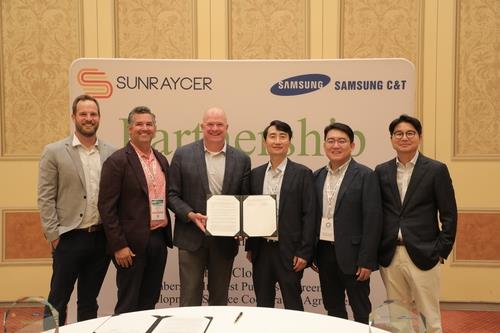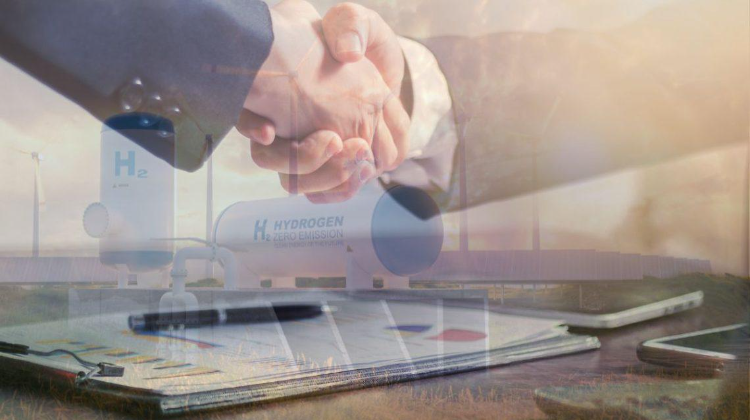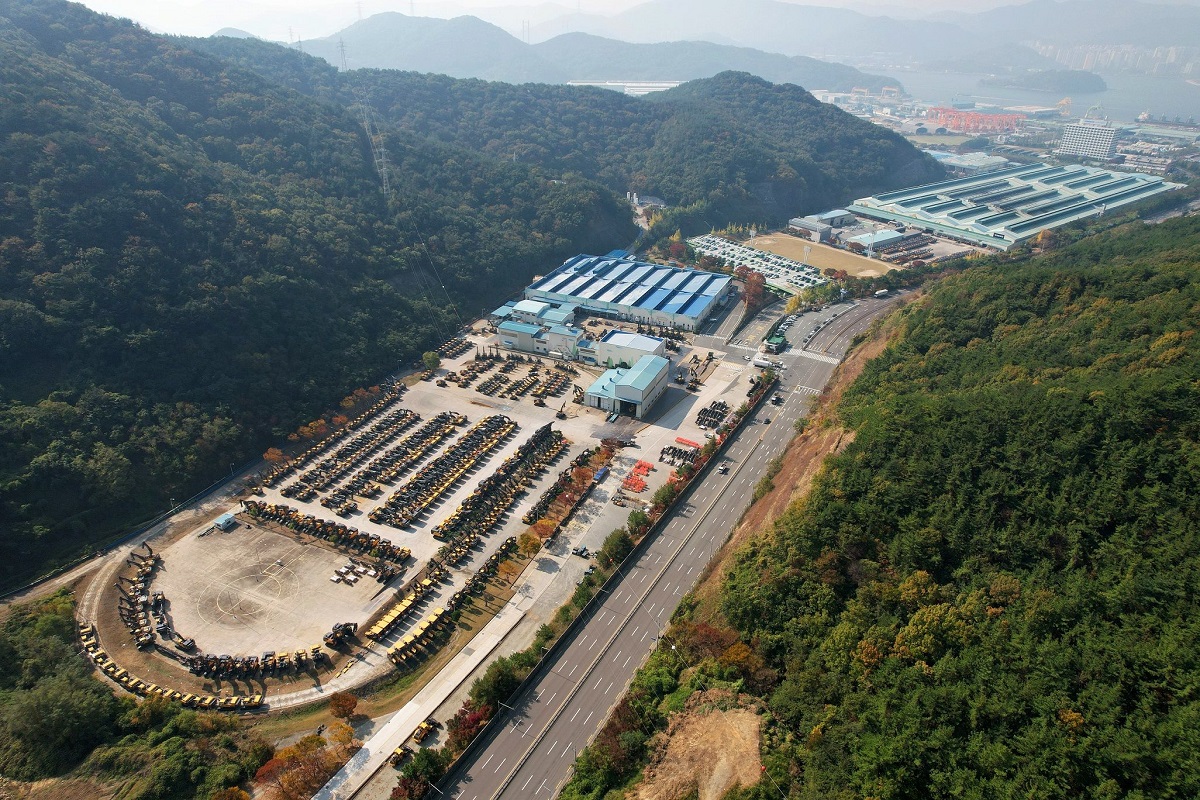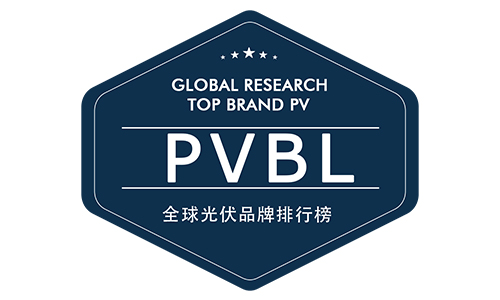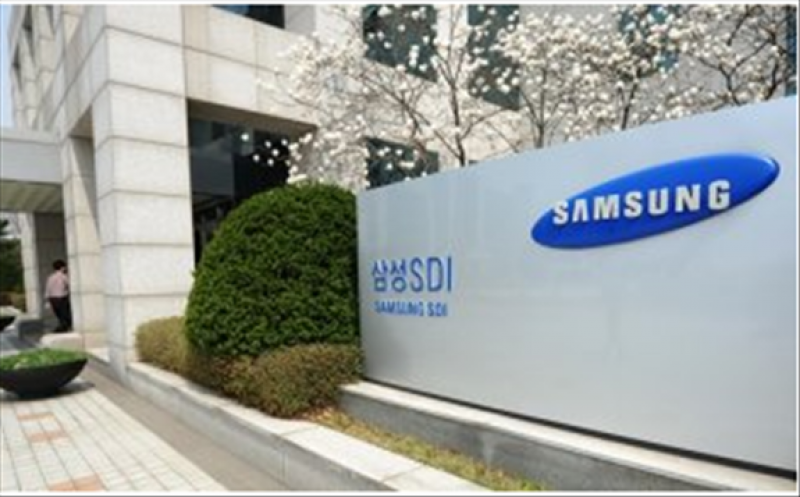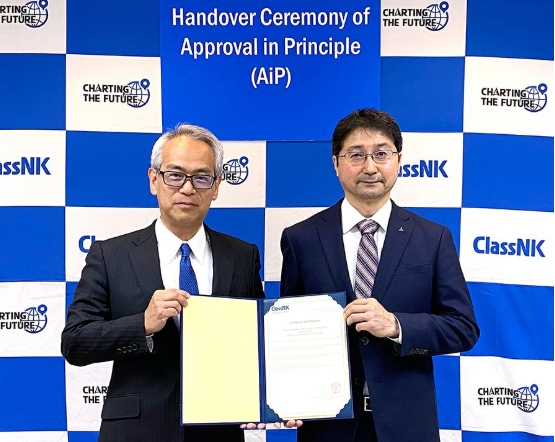
The OCCS is designed to capture carbon dioxide (CO2) from ship exhaust gases, preprocess it, liquefy it, and store it onboard. Mitsubishi Shipbuilding developed the system by integrating MHI’s advanced CO2 capture technology with its expertise in exhaust gas pretreatment, CO2 liquefaction, storage, and handling. The company aims to refine the system further to prepare it for commercial use, supporting efforts to reduce emissions in the maritime sector.
A Mitsubishi Shipbuilding spokesperson stated: “We are making efforts to contribute to the advancement of the maritime industries in Japan and around the world by utilizing our shipbuilding-based marine engineering technologies.” The OCCS reflects the company’s commitment to leveraging its engineering capabilities to address environmental challenges while supporting global shipping needs.
In a related development, Mitsubishi Shipbuilding, in collaboration with Nippon Gas Line, a Japanese LPG transportation company, secured ClassNK’s AiP in 2025 for a low-pressure liquefied CO2 (LCO2) carrier designed for coastal transport. This project underscores the company’s focus on innovative solutions for transporting captured CO2, aligning with broader sustainability goals in the maritime industry.
Additionally, Mitsubishi Shipbuilding received orders for three methanol-powered roll-on/roll-off (RoRo) cargo ships from three Japanese shipping companies. These vessels will be constructed at the Enoura plant of MHI’s Shimonoseki Shipyard & Machinery Works in Yamaguchi prefecture, with deliveries scheduled to begin in fiscal 2028. The adoption of methanol as a fuel source highlights the company’s efforts to support cleaner energy alternatives for maritime transport.
Through these initiatives, Mitsubishi Shipbuilding is advancing its role in the global maritime industry by developing technologies that enhance environmental performance and operational efficiency. The company’s work on carbon capture, CO2 transport, and alternative fuel vessels positions it as a key contributor to sustainable shipping practices, meeting the evolving demands of international trade and environmental stewardship.

